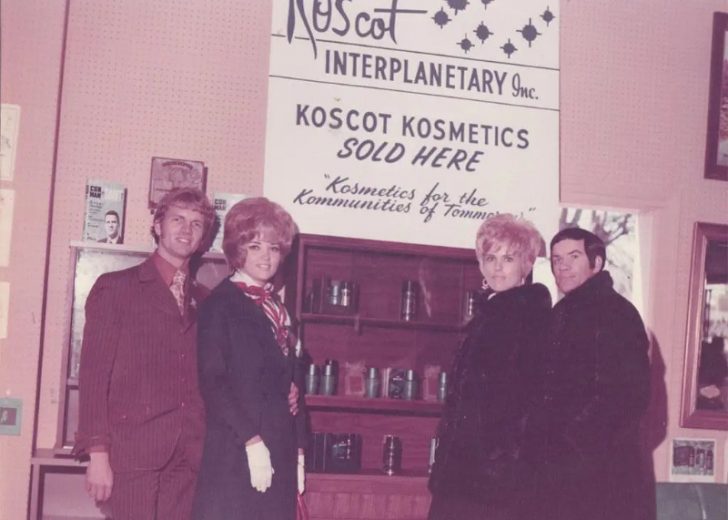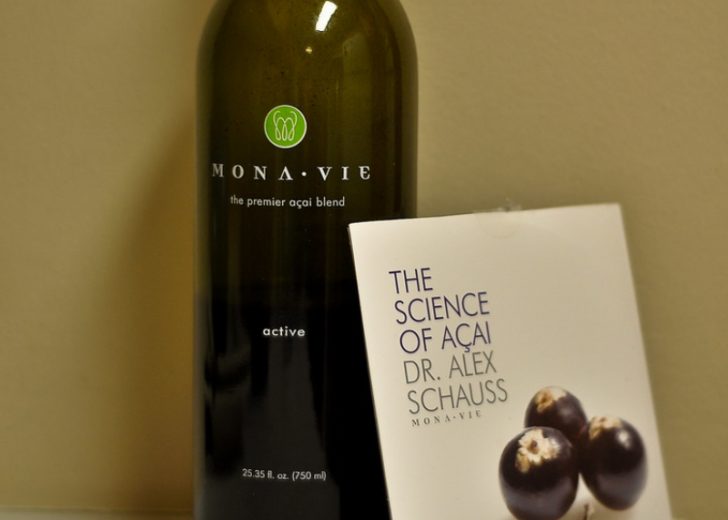Pyramid schemes of all kinds and sizes, often make them difficult to recognize in the beginning, but they share one dominant characteristic: the lure of huge profits to investors by recruiting others. Often a product is used to lend credibility to the pyramid scheme. Ponzi schemes are close relatives to pyramid schemes, offer no profits and depend on collecting funds from people, by promising high returns on investments over a short period. Typically, funds from new investors pay off older debts. Both schemes are able to seduce people initially. Such schemes are illegal because they inevitably collapse, with the investors at the bottom levels, losing the most. Some very famous pyramid schemes in American history are:

Koscot Interplanetary was a corporation that was started in 1967 by one Glenn W. Turner at Orlando, Florida, selling cosmetics that were mink oil-based. The multi-level marketing (MLM) company got entangled in legal difficulties and failed in the ‘70s. Turner later operated another company, Challenge Inc., but was sentenced to 7 years imprisonment for conspiracy and fraud in 1987, for creating a pyramid scheme.
Holiday Magic was another MLM company established by William Penn Patrick in the 1960’s, to distribute cosmetics and home-care products. The company folded up in 1974 after being found guilty of committing fraud, and it had to compensate the people it defrauded, as they used to actively trick people to join the company.
Metabolife International was another multi-level marketing company based in San Diego, California, making dietary supplements. Despite tons of millions of dollars earned they earned due to just one of its speciality products, the company declared bankruptcy in 2005 and was then forced to close.

United Sciences of America, promoted by Dallas businessman Robert Adler had a diversified portfolio selling supplements against cancer and AIDS, through multi-level marketing, using celebrity endorsements. Fraudulent claims, enormous consulting fees, sketchy advertising, and excessive research grants ensured it’s 1987 collapse, with high-profile supports distancing themselves.
Equinox International founded in 1991 by Bill Gouldd, was another multi-level marketing company, and had a turnover of $195 million in 1996. FTC or the Federal Trade Commission kept watch over them for 10 whole months to prove it was actually a pyramid marketing scam and settled a court case, penalised $40 million in 2000.
Burn Lounge was an online music store that was established in 2004 and relied on MLM to function. By 2006, the company was declared to be a pyramid scheme by the FTC, and refunded $ 1.9 million to its customers.
WakeUpNow based in Provo, Utah was another famous pyramid scheme set up in 2009 by Troy Muhlestein, based on a multi-level marketing scheme for products and services based on health and financial management. After numerous complaints to the FTC, the products sold were cheaper or free elsewhere, and the company shut in 2015.

MonaVie was established in 2005 to promote health products derived from fruit concentrates. Many controversies emerged over health claims for products lacking scientific proof of efficacy or approval from regulatory authorities, as Dallin Larsen, the chairman was involved in false health claims for a beverage. Unable to repay debts of $182 million, the company closed down permanently.
Solavei was founded by Ryan Wuerch in 2012 as a social commerce network for users and a contract-free mobile service in USA. Famous for reward-based referral plans, the company also used extensive social network advertising programs and customers were rewarded for referrals. Solvei was bankrupt in 2015.




